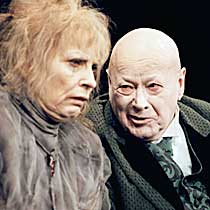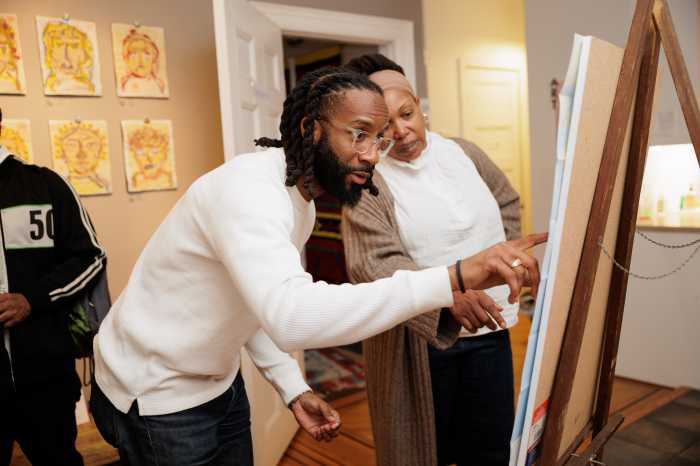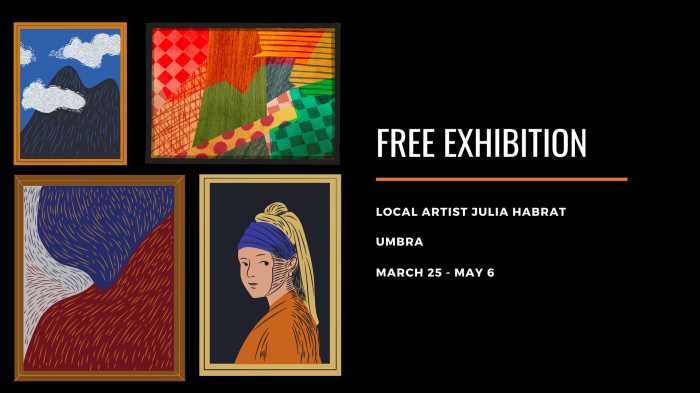Born in 1849 to a serving woman and a bankrupt
ex-gentleman, Swedish playwright August Strindberg knew poverty
and misery from early childhood. This personal experience explains
the subject matter for many of his plays – the conflict between
men and women, and the antagonism between classes.
Strindberg was an acute observer of environments, customs and
manners, and a master of the concrete, whether he was dealing
with city or provincial life, the upper or the lower classes,
historical or contemporary situations. But Strindberg not only
deepened realistic drama in plays like "Miss Julie,"
he also transcended realism with pioneering experiments in non-realistic
plays like "The Ghost Sonata," which made him the first
modern master of both psychological realism and expressionism.
[The Royal Dramatic Theatre of Sweden will stage "Ghost
Sonata" at the Brooklyn Academy of Music’s Harvey Theater
June 20-24.]
In the 1890s, Strindberg became interested in the physical sciences,
but his experiments in chemistry soon transformed into alchemy,
occultism and mysticism as he came under the influence of Maurice
Maeterlinck, the Belgian poet, dramatist and essayist notable
for his mysticism and dreamy subject matter. Strindberg’s plays
became more symbolic and less realistic.
Then in 1896, Strindberg suffered a psychological crisis that
brought him to the edge of madness. His new plays began to give
form to his vision of life, in which the inner world has as much,
if not more claim to reality than external experience.
Written in 1907, "The Ghost Sonata" was first produced
for the Intimate Theater in Stockholm, which Strindberg had established
that year with August Falck.
"The Ghost Sonata" is a chamber play in three scenes.
It opens on a square in front of an elegant home, where the Student
converses with the Milkmaid, who is visible only to him. Hummel,
an elderly gentleman, encounters the Student and introduces himself.
[In BAM’s production, Hummel is played by Jan Malmsjo.]
During their conversation, he learns that the Student is a Sunday
Child, which, according to Swedish folklore, means he has supernatural
powers. Intrigued, Hummel invites the Student to dinner at the
stylish house, where he meets its inhabitants – the colonel;
his wife, the Mummy; and their beautiful daughter, the Young
Lady – as well as various guests and servants.
Over the course of the evening, the Student falls in love with
the Young Lady, and secrets are gradually unfolded that reveal
the entire cast – except the Student – as both physically and
emotionally corrupt.
In "The Ghost Sonata," Strindberg evokes the horrors
of the subconscious world, a world populated by lost souls and
surreal characters. But in its own way, "The Ghost Sonata,"
like Strindberg’s realistic drama, reflects the artist’s will
and ability to make the unknown and the hidden revealed and the
subconscious conscious.
"The Ghost Sonata" will be
performed June 20-23 at 7:30 pm and June 24 at 3 pm at the BAM
Harvey Theatre [651 Fulton St., (718) 636-4100]. Tickets are
$20-$65. The play will be performed in Swedish with simultaneous
English translation.























